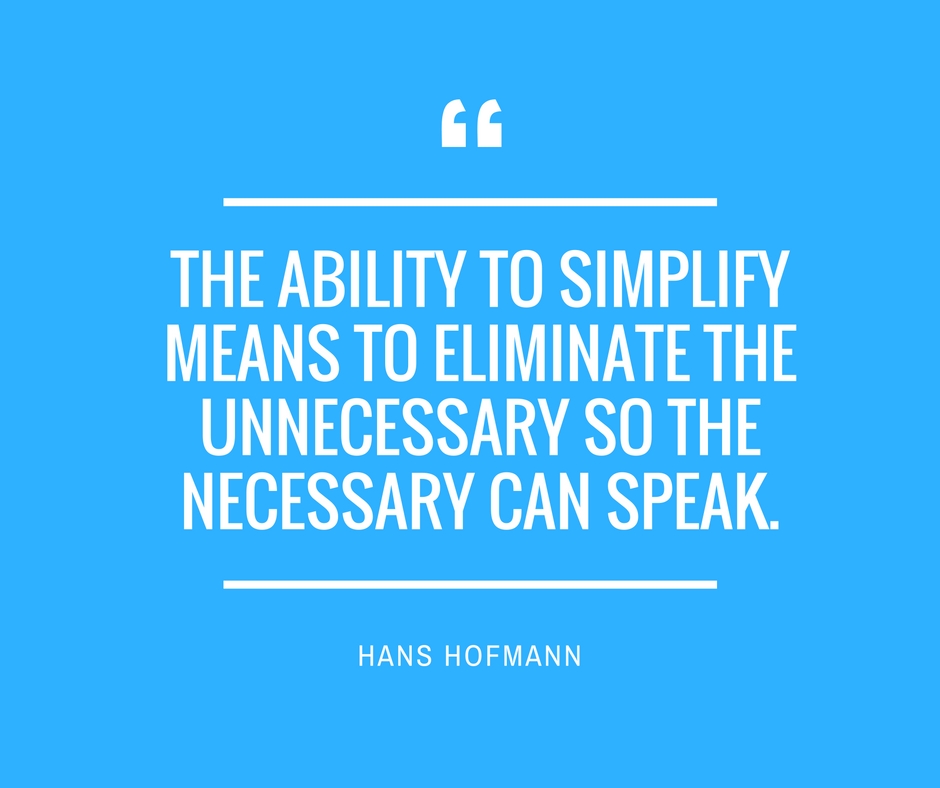What comes to mind when I mention collaboration?
What do you think would be essential for a solid foundation of collaboration?
When I ask these questions in my consulting work, I am typically given responses in the realm of “kind” or “caring” or “helpful”. Most of us do indeed appreciate kind, caring, and helpful collaborators. However, I believe there is a more basic characteristic that is the foundation of collaboration: Self awareness.
It is extremely difficult to collaborate with someone who doesn’t know what they want.
As a collaborator, collaboration always starts with me. Before I can be a good collaborator, I have to know myself well enough to know what I want.I have been teaching collaboration and leadership skills long enough I can tell you that when one or more collaborators don’t know what they want, this is typically not a collaboration that will end well. Failure is often eminent.
So how do I figure out what I want?
That isn’t always a simple task. In college, I studied psychology and took multiple personality tests and even had graduate coursework in career advising. I thought I knew all there was to know about self awareness.
Then after I graduated, I found myself in situations where I was looking for what was next in my life and people would ask me what I wanted, but all I had to offer were blank stares. I had influential people with access to resources offering to help me, but I couldn’t tell them what I wanted. During one particular rough patch in my life, I found myself in a conversation with a highly influential individual. He seemed surprised that I was not in a better job and asked me “What do you want to do?”. I responded with “I don’t know” and I will never forget the seriousness to his expression as he told me “You have to know what you want to get it”.
Seems simple enough right?
This was not one of those aha moments. In fact, it was rather embarrassing. This person could have offered me a job, but I couldn’t even say what I wanted. After being called out for not knowing what I wanted, I started putting a lot more effort in to trying to figure it out.
I researched and experimented for some time with trying to come up with tips, tricks, and techniques to make this easier. I have a list of suggestions for those seeking self awareness that I will share in a future post.
For most of us, self awareness is more of an adventure and it does not have a simple and quick answer.
I have found one particular question that I love to ask clients that often sparks an incredible awareness journey. It may not be over night or even in a year, but I promise if you can answer this question, you are ahead of many of your peers:
What do you want enough to fail at over and over?
What do you want badly enough that you are willing to put yourself out there and fail at it and still get up and be willing to continue to fail at it in order to someday get it? What is worthy of repeated failure for you?

